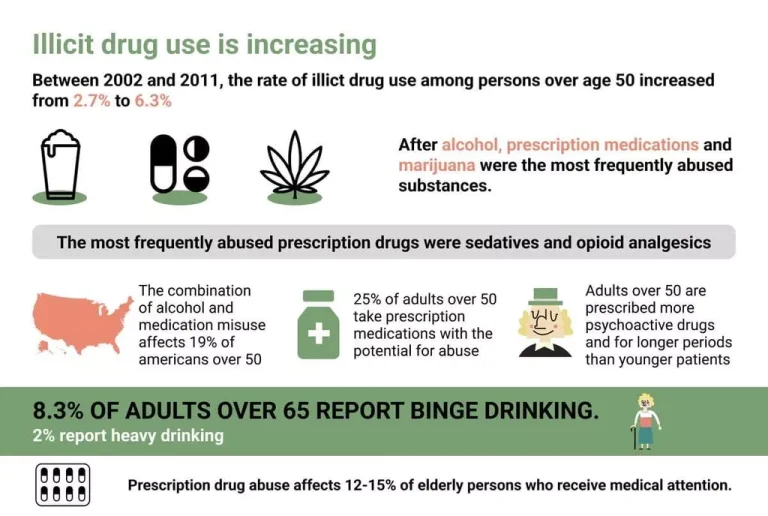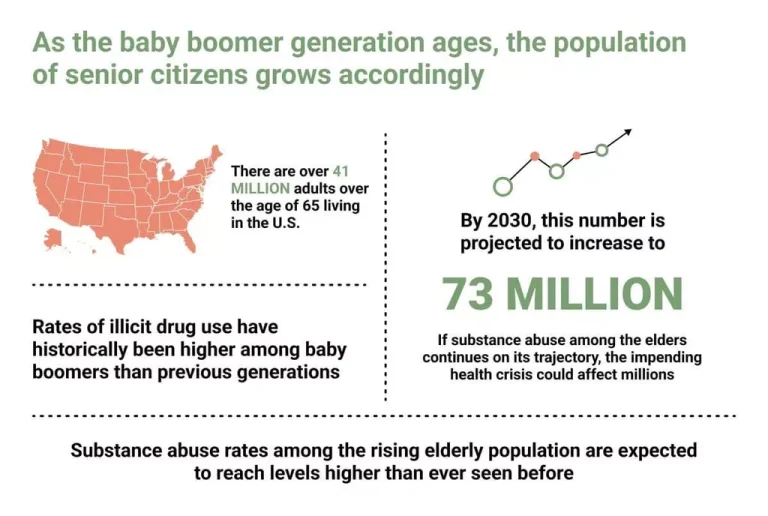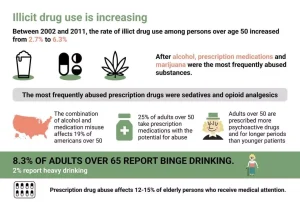
Research shows that between 33% and 40% of people who consume alcohol experience mild to severe anxiety. Anxiety symptoms can cause or worsen insomnia for some individuals. They may turn to alcohol to reduce their anxiety symptoms, https://ecosoberhouse.com/ which also increases insomnia, exacerbating their anxious feelings. People who drink alcohol before sleep are also more likely to experience breathing difficulties at night.

How Does Alcohol Affect Sleep?
REM sleep, which gets shortchanged in the first half of the night under the influence of alcohol, is important for mental restoration, including memory and emotional processing. Bringing attention to our habits is always the first step in changing them. Next time you’re drinking, use a measuring cup to pour out 5 ounces of wine, 12 ounces of beer, or 1.5 ounces of spirits. Do this with every drink you have in order to keep yourself honest. In a notebook, keep track of how many drinks you have each day, and rate your overall anxiety, depression, and sleep quality. We does alcohol help you sleep often have a binary way of thinking about alcohol use – either you’re an alcoholic and your drinking is truly out of control, or there’s no problem at all.
- Intersperse each with an alcohol-free alternative, like fizzy kombucha, tonic water with a slice of lime in, or an alcohol-free beer.
- It interferes with the body’s natural timekeeping mechanisms by decreasing sensitivity to important environmental cues like daylight and darkness.
- While a small amount of alcohol may initially induce drowsiness, it can disrupt the later stages of sleep and lead to poor sleep quality overall.
- In addition, since poor sleep can negatively affect one’s health, the benefits of a restful night go beyond feeling alert in the morning.
- “The magnitude of these increases is striking,” Michael Pollard, lead author of the study and a sociologist at RAND, told ABC television.
Does Your Oxygen Level Drop When You Sleep?
Especially in 2020, alcohol sometimes feels like a necessary vehicle for coping with an uncertain, and often scary world. Aside from N1, this is the stage where you can be the most easily roused. Here, muscles become temporarily paralyzed but eye movement resumes, breathing and heart rate speed up, and the brain is very active. Most of your dreams occur in this stage but this is also the stage that contributes to emotional processing, mood, memory, and more. When you drink alcohol, it goes through the same process as any other food or drinks you consume. It travels down the esophagus and into the stomach where about 20 percent of the alcohol is absorbed through the stomach lining and quickly enters the bloodstream.
- Alcohol potentially causes a shorter overall sleep time and disrupted sleep, which lead to next-day fatigue and sleepiness.
- Researchers discourage older adults — particularly men — from using alcohol as a sleep aid.
- During sleep, the body cycles through all of these stages every 90 to 120 minutes, with NREM sleep dominating the first part of the night and REM increasing during the second part of the night.
- The most effective time of day for the body to metabolize alcohol, according to research?
- The World Health Organization (WHO) has declared that no amount of alcohol is safe to consume.
How to Fall Asleep After Drinking
Not only does drinking alcohol leave me with a serious case of acid reflux, though—it also makes getting a good night’s sleep pretty difficult. That’s not surprising, given studies show alcohol negatively impacts sleep. Therefore, we conducted this study to examine the effects of alcohol consumption on sleep quality and to provide recommendations for improving sleep quality.
- This may result in the person verbally or physically acting out their dreams, which may cause abnormal behaviors such as kicking, flailing, jumping or yelling during sleep.
- That’s right, the traditional “happy hour” time is actually when the body is most prepared to process that cocktail.
- Be aware that the more you’re drinking now, the longer it will take your body to truly reset and for you to feel the full impact of going without.
- Even though a glass or two may help you initially drift off faster, it probably won’t benefit your sleep quality in the long run.
- REM sleep is also believed to be important for the creation of memories, which is one reason why heavy drinkers can sometimes wake up unable to remember parts of their evening.
- If you sleep better when you don’t drink, you might consider stopping alcohol use entirely.
Even though alcohol can make you feel sleepy, it may impact your overall quality of sleep. If you go to bed with alcohol still in your system, you may experience headaches, frequent awakenings, night sweats, more intense snoring, and nightmares. Whether you have had one or multiple drinks, it’s best to wait for your body to fully process the alcohol before heading to bed. In general, try to avoid drinking alcohol four hours Halfway house before you plan on going to sleep.
- In the first half of the night, when the body is metabolizing alcohol, studies show people spend more time in deep, slow-wave sleep and less time in REM sleep.
- But because your body will develop a tolerance to the alcohol, what you drink won’t have the same effect of helping you to fall asleep.
- Jessica graduated with her master’s degree in Nursing research and education.
Begin Your Journey to Better Health at a Gateway Treatment Center

At this stage, you’re likely to have broken sleep punctuated by frequent awakenings. The next morning, you may not even remember waking during the night, but you’ll wake up feeling under-rested due to falling in and out of sleep repeatedly. Though alcohol may help you fall asleep faster, it can disrupt the important REM stage of your sleep cycle, leading to lack of sleep or sleep disorders like insomnia. The importance of quality sleep in all mental health issues, and overall well-being, cannot be overstated. It is the first line of defense against chronic anxiety and depression. While consuming alcohol may have sedative effects, causing you to fall asleep more quickly, the body recognizes it as a toxin and goes into overdrive trying to expel it from your system.

